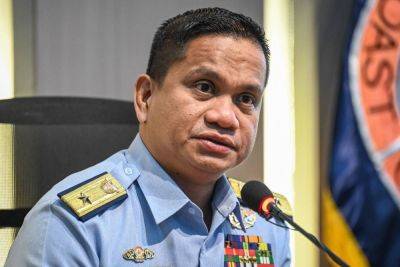The circle of wise giving
How does one distribute P45 million in the most effective and sustainable way to empower people and communities? Start by drawing a circle.
Today I share with you a story I entitled “The Circle Of Wise Giving.” It is the story about how the Metrobank Foundation and the GT Foundation of the late George Ty continues his philanthropic acts and commitments even after death.
The circle begins with blessings and resources that have been acquired through years of hard work, corporate vision as well as an awareness that wealth is to be shared with others, especially those who cannot pay you back or with those who “pay it forward” by helping others.
Having received and being entrusted with such resources, the next step is to have a strategy. In the case of Metrobank Foundation and GT Foundation, their strength and expertise are in business, primarily wealth creation and management. In business, well-intended distractions are best left to others.
So, wisdom dictates that they undertake their philanthropic mission through alliances with experts on the ground based on strategy of sustainability and maximum efficiency.
From resources and alliances, to having a strategy, the next component of “The Circle of Wise Giving” is to follow a “wholistic approach” or a “complete circle” plan that lists who the final recipients are, what their needs are, how many can be helped long-term, will the outcomes scale up and be sustainable and who are the experts in each and every milestone.
Those needing help are single mothers, homeless individuals with no family, struggling housewives trying to break through as entrepreneurs, highly intelligent students in far-flung places, farming communities held back by lack of resources and knowledge.
Trying to help them are the religious caring for the weak and helpless. There are also NGOs and business groups working to protect the environment, provide clean drinking water, technical training centers teaching future technical-vocational tradesmen and agricultural learning centers committed to training communities on how to produce their own food.
From food, health, education, community sustainability, skills development and environmental awareness





